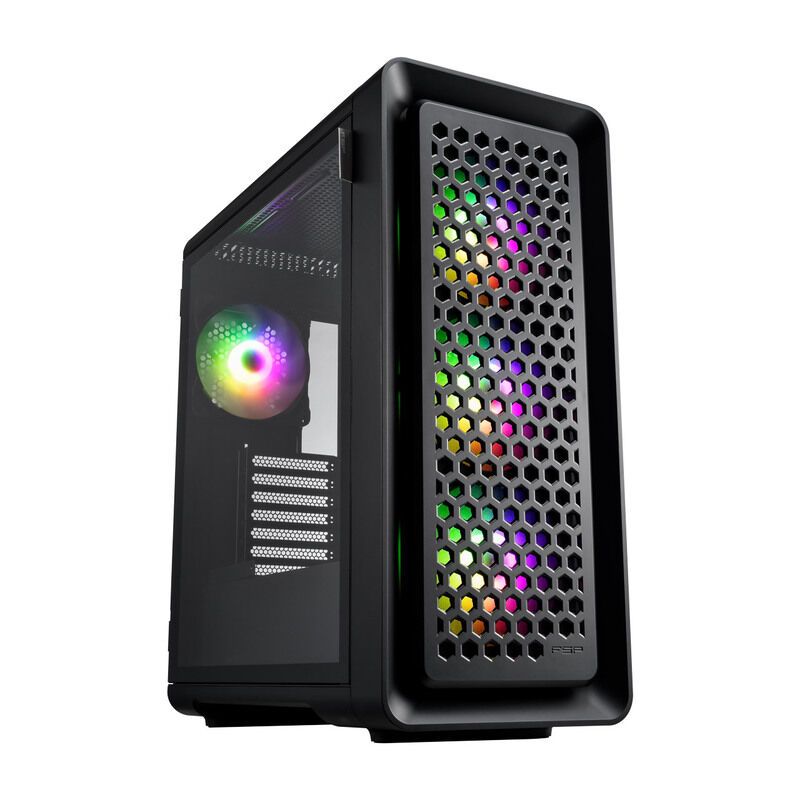Case Fans: The number, size, and efficiency of fans within a PC case significantly impact the overall noise level of a system. Opting for a few larger fans is generally preferable over numerous smaller fans, as larger fans can generate more airflow relative to the noise they produce.
Insulation: Quiet PC cases often employ insulating materials to achieve noise reduction. The most effective cases utilize foam near fans and panels to absorb noise and vibrations, ensuring a less distracting computing experience.
Airflow: Contrary to common belief, cases that promote superior airflow are often the quietest. High airflow enclosures create efficient pathways for drawing in cool air from outside the case and expelling heated air generated by CPUs and GPUs through vents. Full-tower cases, with their ample space, can effectively cool components with only a few larger fans, maintaining reasonable thermal readings.
Thermal Performance vs. Noise Levels: Achieving a completely silent build may require some compromises. For instance, cases with solid tempered glass instead of porous mesh panels offer advantages in keeping PCs quiet. However, builders may need to invest in more expensive CPU coolers to compensate for the limited ventilation in these sleek enclosures.
When selecting a quiet PC case, a thoughtful consideration of these factors will contribute to creating a balanced system that meets both noise reduction and thermal performance requirements.
Original link:https://gamerant.com/best-quiet-pc-cases/



 English
English German
German French
French Russian
Russian Spanish
Spanish Japanese
Japanese Korean
Korean Portuguese
Portuguese Ukrainian
Ukrainian Arabic
Arabic Italian
Italian